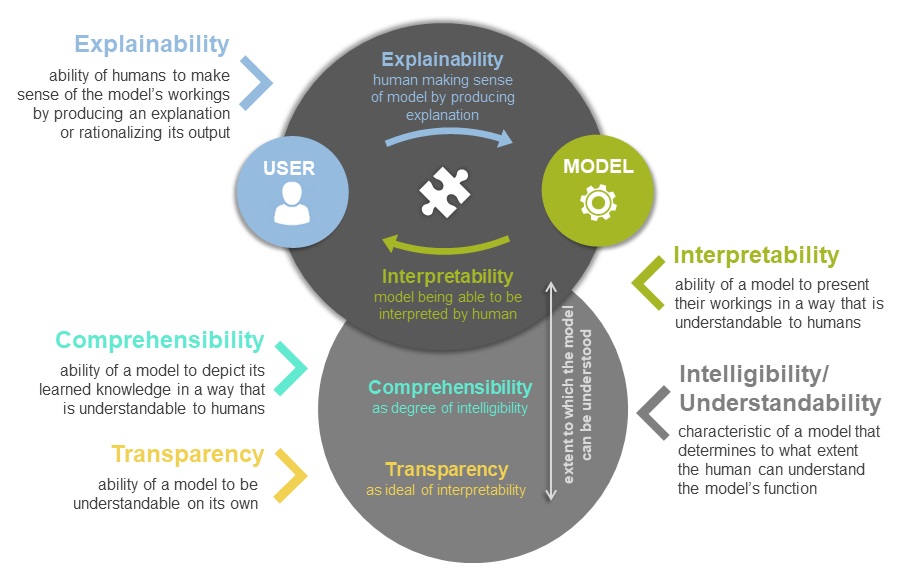Guest post by Myriam Hernández Domínguez
In January 2020 I was a fellow at the fantastic GeDIS group (Gender/Diversity in Informatics Systems). In this post I would like to share a brief summary of my research and how I got to be interested in the topics that I am investigating. I graduated from the University of La Laguna in Philosophy and my research engages vulnerability studies, posthumanism, New Materialisms, ecofeminism and technology and science studies.
I was born in Tenerife, where I grew up (personally, academically and professionally) and where I now work as a pre-doctoral researcher. The history of my land is strongly linked to migrations and interactions with three continents: Europe, where we belong politically, Africa, where we are located, and Latin America, with whom we keep emotional and cultural bonds. Thus, my personal and intellectual interest in relationality, migrations, flows and movements has always been alive. Very soon I understood that this was related to a deeply relevant concept, that of vulnerability. Under the guidance of Dr. María José Guerra Palmero, my Research Advisor I started to study issues concerning relationality, intersectionality, bodies and oppressions, and my work became part of the research project: “Justice, Citizenship and Vulnerability. Narratives on precariousness and intersectional approaches.” Meanwhile, something happened that would disrupt the progression of my research: I came across Rosi Braidotti’s The Posthuman, quite recent at the time. I was enthralled and I was eager to learn more about Braidotti’s philosophy. Rosi Braidotti has shared the stage of philosophical reflection that thinks the present from the present (as opposed to thinking the present from the past), on the bases of feminist, pacifist, anti-racist, post-anthropocentric and environmental questioning codes. The intertwining of ethics, politics, ecology and technology, from a monist Neospinozism and Deleuzian vitalism characterized her thoughts. My enthusiasm grew along with the frustration of not finding in her philosophy reflections concerning all that had marked most of my short training on philosophy, that is to say, studies on vulnerability. It seems that this brand of critical posthumanism suggests to build ways towards the future based not on vulnerability but on affirmation. Thus, I was involved in a research project that clearly showed the word “vulnerability” in its title, and had gotten myself into the critical posthumanism theory, which was not quite supportive of this concept.
I got down to the job. I had to be able to combine my interest in posthumanism and the importance of vulnerability in the research project I participated in. I studied the posthumanist considerations concerning vulnerability and discovered that instead critical posthumanism prefers the term “affectability”. So, to say, the ability to affect and be affected, be it positively or negatively. This would deserve a lengthy explanation, which unfortunately is outside of the scope of this short post but suffice it to say that vulnerability in this setting is understood as something negative, such as the ability of injuring, of affecting in a negative way. However, affectability includes this double possibility, and is in turn inextricably linked to affirmation as a critique of the negative: “an ethics of affirmation assumes that every event contains within it the potential for being overcome and overtaken, so that its negative charge can be transposed” (Rosi Braidotti, “Affirmation, Pain and Empowerment”, Asian Journal of Women’s Studies, vol. 14, no. 3, 2008)
Therefore, taking as a reference the Braidottian affirmative ethics, and with my thesis co-directors Dr. Mónica Cano Abadía and Dr. Aránzazu Hernández Piñero’s support and work, I decided to give the concept of vulnerability a kind of posthumanist turn, picking up the thread of the Butlerian notions of precarity and precariousness. Butler designates ‘precariousness’ as a ‘more or less existential conception’ (Judith Butler, “Performativity, Precarity and Sexual Politics” in Revista de Antropología Iberoamericana, vol 4, 2009.) or ‘general feature of embodied life’, signaling a common vulnerability shared by all bodies – we all affect and are affected. This is in contrast to what she describes as the ‘more specifically political notion of “precarity”’ (Judith Butler, 2009). Precarity thus references the differential condition whereby some lives are rendered more insecure, unequal, or destitute than others, which means different ways of distributing the vulnerability. From this consideration and taking as a reference the dialogue between Butler and the neomaterialism in Karen Barad, I decided to include in this Butlerian concept of vulnerability a zoe-centric approach, typical of the posthumanist theory, to consider not only human vulnerability, but animal and vegetal as well (zoe). At the same time, I intend to introduce the affirmative aspect of the Braidotti´s thought. Therefore, it is not a matter of rejecting vulnerability, or of generating a confrontation of vulnerability and affectability but rather, assuming the Butlerian conceptualisation of vulnerability, applying affirmative nomad ethics that make for the transcendence of the resignation of passivity deriving from the trauma, the loss or destitution generated by our ability of affecting and being affected, by our vulnerability.
After this brief summary on the concept of vulnerability that I deal with in my work, and on which I will be glad to talk in more detail if asked, I can tell you why I am now researching on matters related to technology. This research demanded an effort on thinking again corporality and relations in an affirmative way, without demonization or blind optimism, to which I cannot afford many words in this space. The research question came up from certain technophobic environment that stressed our vulnerability as a species in the face of the development of new technologies (future of work, racism and xenophobia integrated in technology, etc.) Thus, and following a neomaterialist trail, I would like to delve into our intra-action with technology, into how this alleged vulnerability is closely linked to the notion of precarity, in other words, how vulnerability is socially and politically distributed, how specific groups are the ones who suffer the consequences of a biocapitalist technological development. This way I went back to the beginning, to the theory of intersectionality, to how intersectional and post-colonial studies may not only analyse but also modify the way we relate to technology. This is the way I still have to go in the development of my doctorate thesis, a path where the GeDIS team is my source and my guide.
If as a reader you wish to participate in, or discuss these considerations, you may join me at: mhernado [at] ull.edu.es
Myriam Hernández Domínguez
University of La Laguna



Be the first to reply